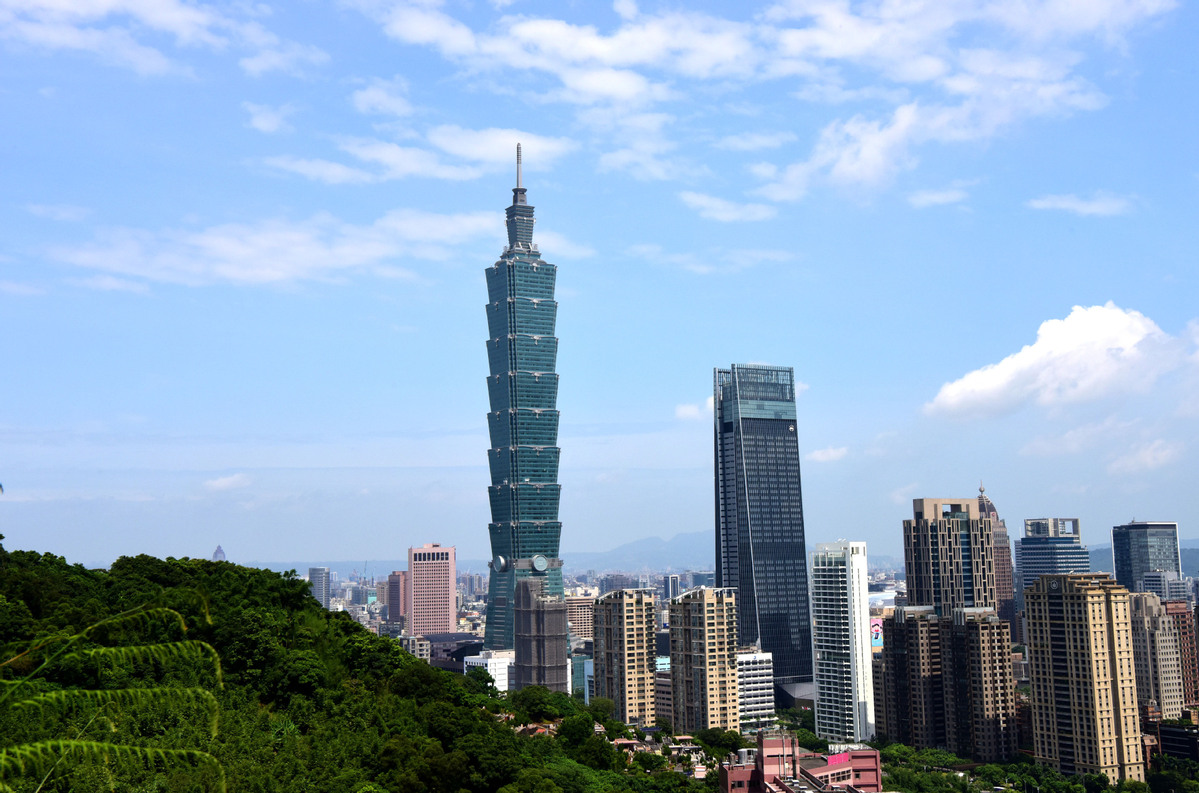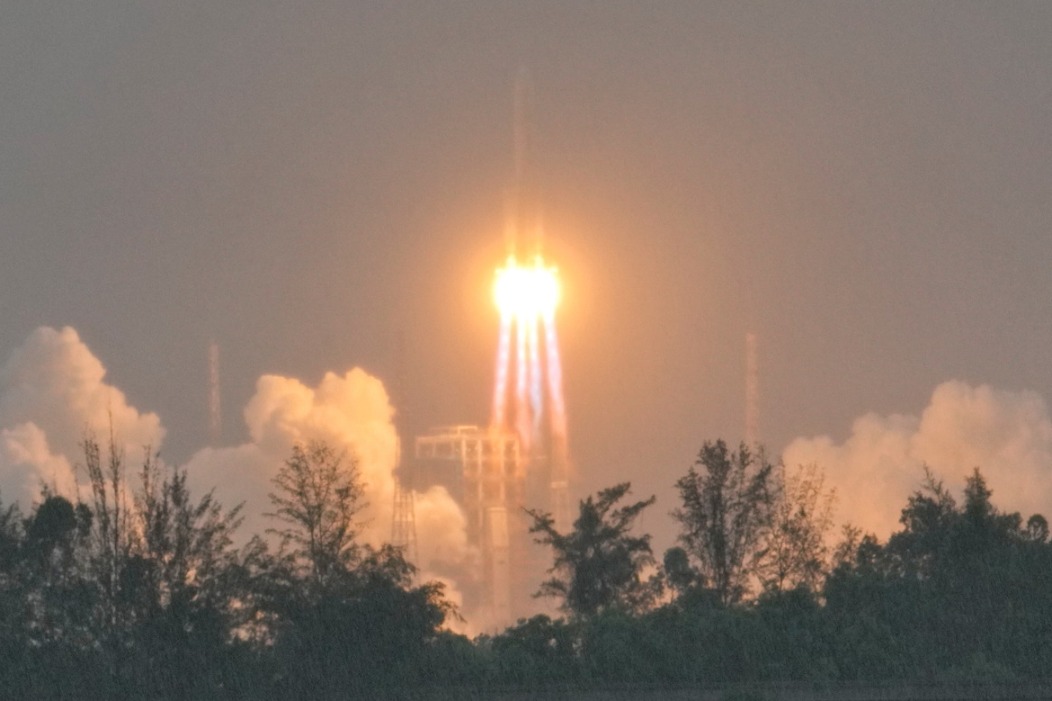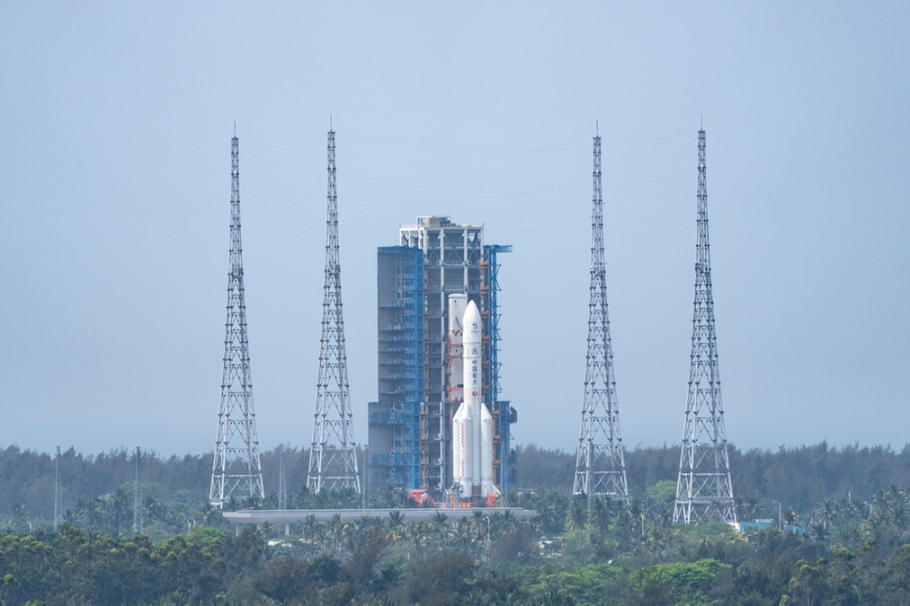US will fail in its nefarious Taiwan game
By Yao Yuxin | chinadaily.com.cn | Updated: 2020-03-17 13:34

Editor’s note: The US House of Representatives approved the Taiwan Allies International Protection and Enhancement Initiative (TAIPEI) Act of 2019 on March 4, recently in violation of the United States’ commitment to the one-China principle. What harm will the bill cause to cross-Straits relations and Sino-US ties? Two experts share their views on the issue with China Daily’s Yao Yuxin. Excerpts follow:
‘Taipei Act’ harms both Sino-US, cross-Straits ties
At a time when the Chinese mainland is focused on containing the novel coronavirus outbreak, the US Congress has passed the “Taipei Act” in violation of the foundational principle of Sino-US ties that there is only one China. The act is part of the US’ design to curb Beijing’s peaceful rise by interfering in its internal affairs.
According to the act, the US will support Taiwan to get the membership of international organizations and maintain its ties with its “diplomatic partners”. But it is impossible for the US to put its wishes into practice.
To begin with, the Congress can pass a bill, but only the White House can implement it.
Before the passage of the “Taipei Act”, the US had tried inveigle, even intimidate, Taipei’s “diplomatic partners” to not sever ties with the island.
But despite its desperate efforts, the US could not prevent eight countries from shifting theirestablishing diplomatic relations to Beijing with during Tsai Ing-wen’s first term as the island’s leader. As a result, the island now has only 15 “diplomatic partners”.
The act also emphasizes that US-TaiwanTaiwan economic exchanges will be enhanced. Yet most of the profits will end up in US pockets.
Since the US president will seek another term in office and given the poor performance of the US economy, especially its stock market, due to the coronavirus outbreak, it is in the interest of the US administration, not Taiwan residents, to expand trade between the two sides. After all, the US intends to strike a deal to dump its excessive pork and beef on the island, even though the two sides have long failed to agree to any such deal.
Besides, the unanimous vote for the act in the House may prompt the Tsai and her Domestic Progressive Party to believe that Washington will back their separatist agenda, and therefore embolden them to further provoke the mainland. The island authorities have already gone too far with their separatist agenda, and if they cross the bottom line, the mainland would be forced to act.
Since the 1979 Taiwan Relations Act, the US has passed many domestic laws that have harmed cross-Straits ties and therefore interfered with the country’s internal affairs. Such acts have not only damaged relations between the world’s two largest economies but also undermined peace across the Taiwan Straits.
Zhu Songling, a professor at the Institute of Taiwan Studies, Beijing Union University
Washington leading Taiwan down the garden path
Since the launch of reform and opening-up, the Chinese mainland has been growing at a rapid pace and thus narrowing the gap with the US, both economically and strategically. This has brought about drastic changes in the global political and economic landscape and prompted Washington to use despicable means and dirty tricks to contain Beijing’s peaceful rise, among which is playing the “Taiwan card” and labeling Beijing as its main strategic rival. And in this treacherous and risky game, the “pro-independence” Tsai administration has been serving as a pawn of the US.
This nefarious collusion is endangering security across the Straits, damaging the Sino-US political foundation that there is only one China. For example, the Tsai administration has bought US arms and taken a pro-independence stance in the hope that Washington would send troops to defend the island in case of a conflict.
What the US and Taiwan administrations forget is, now that the mainland is the world’s second-largest economy, it is in the interests of most countries and regions to develop stronger ties with Beijing. So despite the act claiming that the US will help Taiwan become permanent member of international organizations and consolidate its ties with its few remaining “diplomatic partners”, Washington may never be able to do so.
Also, since its own economy faces a downturn, the US may fail to boost the island’s economy and improve its residents’ livelihoods even if it expands two-way economic exchanges. Instead, Taiwan could end up paying a bigger price by being forced to open up its market to the US.
The expansion of US-Taiwan economic exchanges the US act talks about is not about boosting the island’s economy but about exploring new markets to increase its exports and investments for the benefit of US enterprises.
Whether or not Taiwan can participate in international activities and boost its economic growth does not depend on whether the US will help it but whether cross-Straits relations will improve.
Tang Yonghong, deputy director of Taiwan Research Center, Xiamen University
The views don’t necessarily represent those of China Daily
























